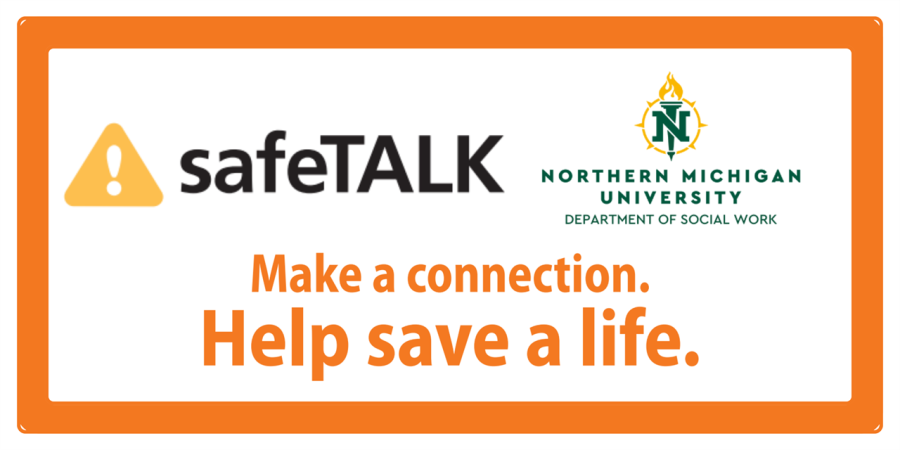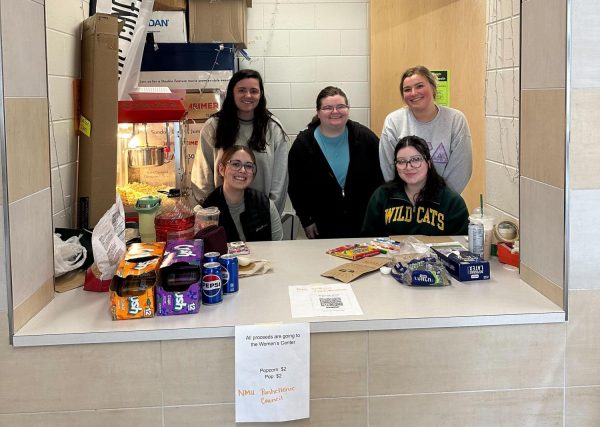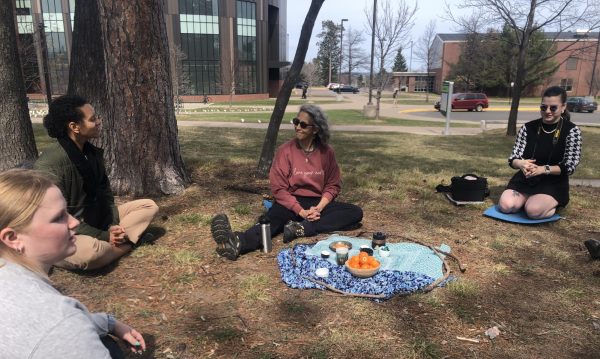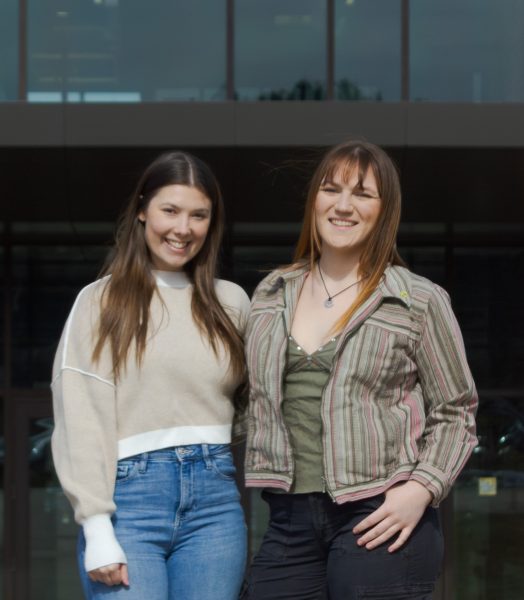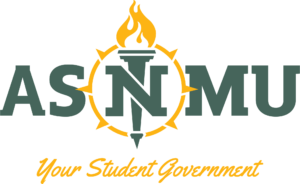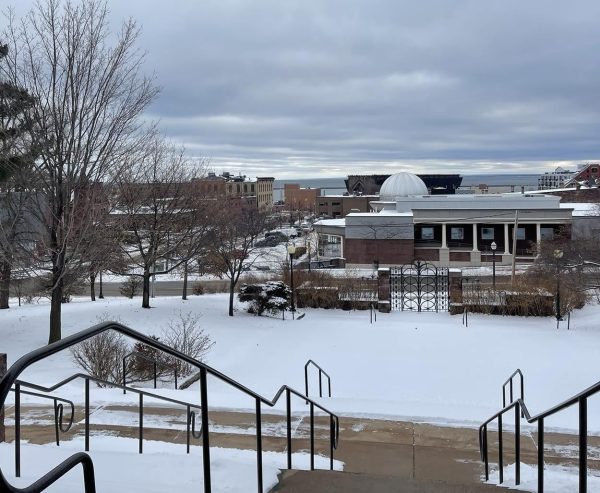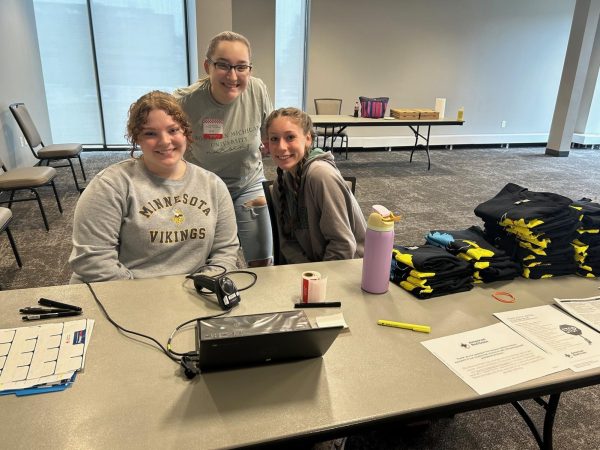Learning to save lives
Social Work Department hosts safeTALK suicide prevention training that addresses rise in youth suicide
April 5, 2023
At a time when suicide rates are increasing among teens and young adults, NMU’s social work department is hosting safeTALK training sessions this week that aim to equip students, faculty and community members with the skills to engage with people considering suicide and help prevent it.
The first session will take place on April 6, from 12 p.m. to 4:30 p.m. in the Whitman Commons, while a session that was supposed to be held Wednesday, April 5, may be rescheduled to a later date. Sarah Carlson, the program director for NMU’s Master of Social Work and assistant department head, said that this training is especially important now that educators are seeing an increase in mental health distress and suicidal ideation.
“We’re all potentially likely to run into somebody at risk or that is contemplating suicide,” Carlson said.
The rate of suicide in the United States has increased by about 30% since 2000 according to the CDC, and this trend recently touched Marquette with the death of students at NMU and other Marquette schools. Carlson said that the loss of young people in the community to suicide was a wakeup call, and that safeTALK is a way to address this growing issue.
“One of the things we can do about it is to develop some skills early on to see the warning signs and have some idea of what to do next to support people,” Carlson said.
SafeTALK does not train people on how to intervene or do a full-risk assessment of an individual, but it does train them to recognize the signs that someone may be at risk of suicide and provides them with the skills to help that person access support services.
“This is for people that know that it’s a potential, know that it’s a problem, but just don’t know where to even start,” Carlson said.
About 50 people have registered for each session out of 60 available slots, and anyone can still register to attend for free on Thursday. The training is open to the community and Carlson said there will be a variety of backgrounds, ages and education levels represented.
“There are probably going to be people in this group that have experienced a loss of someone that they care about or someone they know by suicide,” Carlson said. “Then there are going to be people who are really fresh to the reality and have no idea what to do. Hopefully it will add some depth to the conversation.”
NMU provides several resources for those struggling with mental health or having suicidal thoughts, and Carlson said that anyone interested in more training opportunities can contact the social work department. Carlson said that although people who want to learn more can visit websites like the Zero Suicide Initiative or find resources through the Substance Abuse and Mental Health Services Administration, trainings like safeTALK are necessary to have the confidence to support someone having suicidal thoughts.
Carlson added that one of the biggest myths concerning suicide is that broaching the subject with someone makes them more likely to act on suicidal thoughts.
“To be seen is really significant,” Carlson said. “For somebody to say ‘hey, I see your pain, can I sit with your pain? Can you tell me about your pain?’”
Carlson said she hopes safeTALK will help people break the silence and she wants those who participate in the training “to feel courageous enough to have those conversations and to provide the early support when they see some risk.”
“My hope is that that’ll save some lives and hopefully save some lives on campus and in our community,” Carlson said.





















